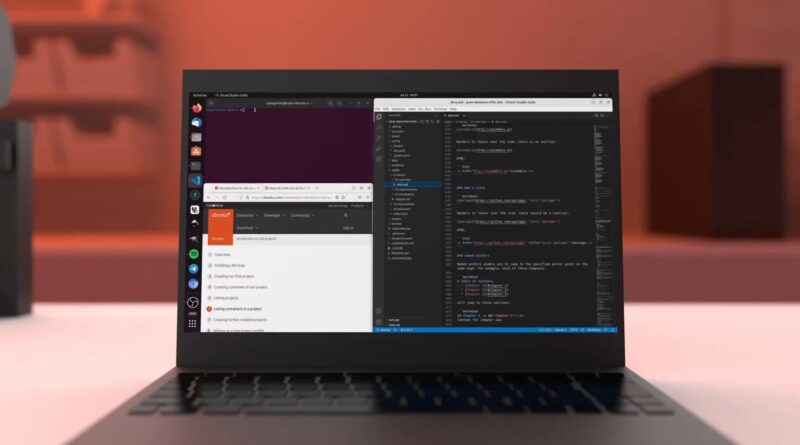Canonical Outlines the Future of Ubuntu Desktop
Canonical has outlined its vision for the future of Ubuntu Desktop, sharing insights and what the company hopes to achieve moving forward.
Ubuntu is by far the most used Linux distribution in the world, but Canonical’s Oliver Smith provided some hard numbers to put it in perspective:
- Ubuntu Desktop has more than 6 million monthly active users (based on devices checking for desktop-specific updates and not including those behind a corporate firewall or proxy).
- Ubuntu Desktop is by far the most popular Linux distribution for developers (~27% in the 2023 Stack Overflow developer survey).
- Ubuntu Desktop is the most used desktop Linux distribution for gaming (when you include older LTS and interim releases grouped inside the ‘Other category’ on the Steam hardware survey).
While everyone has known for some time that Ubuntu was the widely used distro, it’s nice to see some official numbers.
Smith says the company wants to more clearly communicate about upcoming features so that customers not only understand what is coming but also appreciate how interim steps fit into the long-term goals Canonical has for Ubuntu.
For example, Smith cites the recent change of the installer program from Ubiquity to Subiquity. Rather than being seen in a vacuum, this change can be seen as a step toward possible larger goals, such as “zero touch deployment” or fully customized initial installations.
As part of this focus on goals, Smith says Canonical wants to change how it involves the community:
We have shifted the way we plan in the Ubuntu community, to make these high level goals the primary topics of discussion and debate, so that we can more easily include a wider group of voices into the Ubuntu roadmap.
Smith goes on to highlight some of the goals Canonical has for the 23.10 release, including offering an immutable option, bringing Netplan to Ubuntu Desktop, adding support for a “highly experimental implementation of hardware-backed full disk encryption,” additional privacy controls, improved performance, and more.
Smith says the list is not exhaustive, but the company is working to continue innovating in the Linux desktop space:
As you can tell from some of the examples, each of these values can be interpreted and applied in a variety of ways across the Ubuntu stack, even internally we are still identifying new things to explore or consider inspired by this framework.
We know this list is not exhaustive. We sometimes fall short of fulfilling these bold goals. But that’s why we put them on paper: because we want to focus on achieving these high standards we’ve set for ourselves.
The announcement is good news for Linux users. Even for users running a different distro, Ubuntu’s contributions to the overall Linux community benefit everyone.



